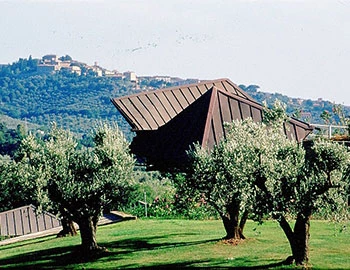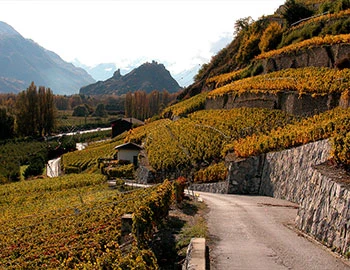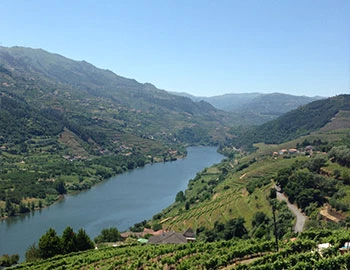Scotland
Scotland – Wild history, warming whisky
Whiskey, bagpipes, kilts – These are the most famous elements of Scottish culture. It has not been conclusively determined who invented whisky. The Scots and Irish both argue that they invented the “water of life.” Food and drink definitely tops the Scottish export categories. Every second, around 40 bottles of whisky are purchased. So it’s hardly surprising that whisky makes up around 80 percent of total food and drink exports.
Scotland's history is characterized by bloody battles and intrigue.
A Celtic people from Ireland, the Scots settled the land 400 years after Christ. Throwing modesty to the wind, they named it after themselves!
The art of distillation (from the Latin destillare: "to drop down or trickle") comes from Arabia. It is reported that the Arab scholar and alchemist, Jabir Ibn Hayyan Aka, had already mastered the distillation process by the 8th century. However, he did not distill whisky, but perfume and medicine.
The first evidence of distillation in Europe dates from around 1000 CE. Traditional recipes for fighting the plague in the Middle Ages recommend the use of juniper berries in combination with alcohol.
“Water of life”
Whisky – like many other spirits – has medicinal origins, and its name is evidence of this. Whisky derives from the Scottish-Gaelic word "beatha" (life) and the Old-Irish "uisce" (water). The first mention of Scottish whisky production is in a document from the 15th century. However, whisky was still only allowed for medical purposes, and was only allowed to be poured purely for enjoyment in the mid-19th century.
Whisky is not just whisky. Or whiskey.
The name can tell you something about the origins of your drink. In Ireland, and the rest of the world, it is written "whiskey" (aficionados let the extra "e" drop). Whisky can only be called “Scotch” if it has been aged for a minimum of three years in a cask in Scotland and has a minimum alcohol level of 40 percent by volume. Single malt whiskey is distilled exclusively from barley and water within a single still. A blend is mixture of up to 50 different whiskies. Pure malts are blended from different single malt whiskeys from various stills, while single cask whiskey is aged in just one cask.
Water of life and livelihood
Food and drink are two of Scotland’s most lucrative earners, with almost one in five Scots working in this sector. One in twelve working Scots are employed in the tourism industry, and tours of historical distilleries are increasingly popular.




